Five years ago today, Early Access Armoured Commander 2 hit Steam. Part-time developer, full -time academic, Gregory Adam Scott promised “over a year of planned additions and updates” in his first post-launch communique. What he and his customers didn’t know back then was that enhancements and expansions would still be arriving in 2025. In the following interview, Gregory explains why AC2 fans have had it so good for so long, and drops some intriguing hints about his next project.
Tim: If someone had told you in May 2020 that you’d still be regularly updating AC2 five years later, would you have believed them?
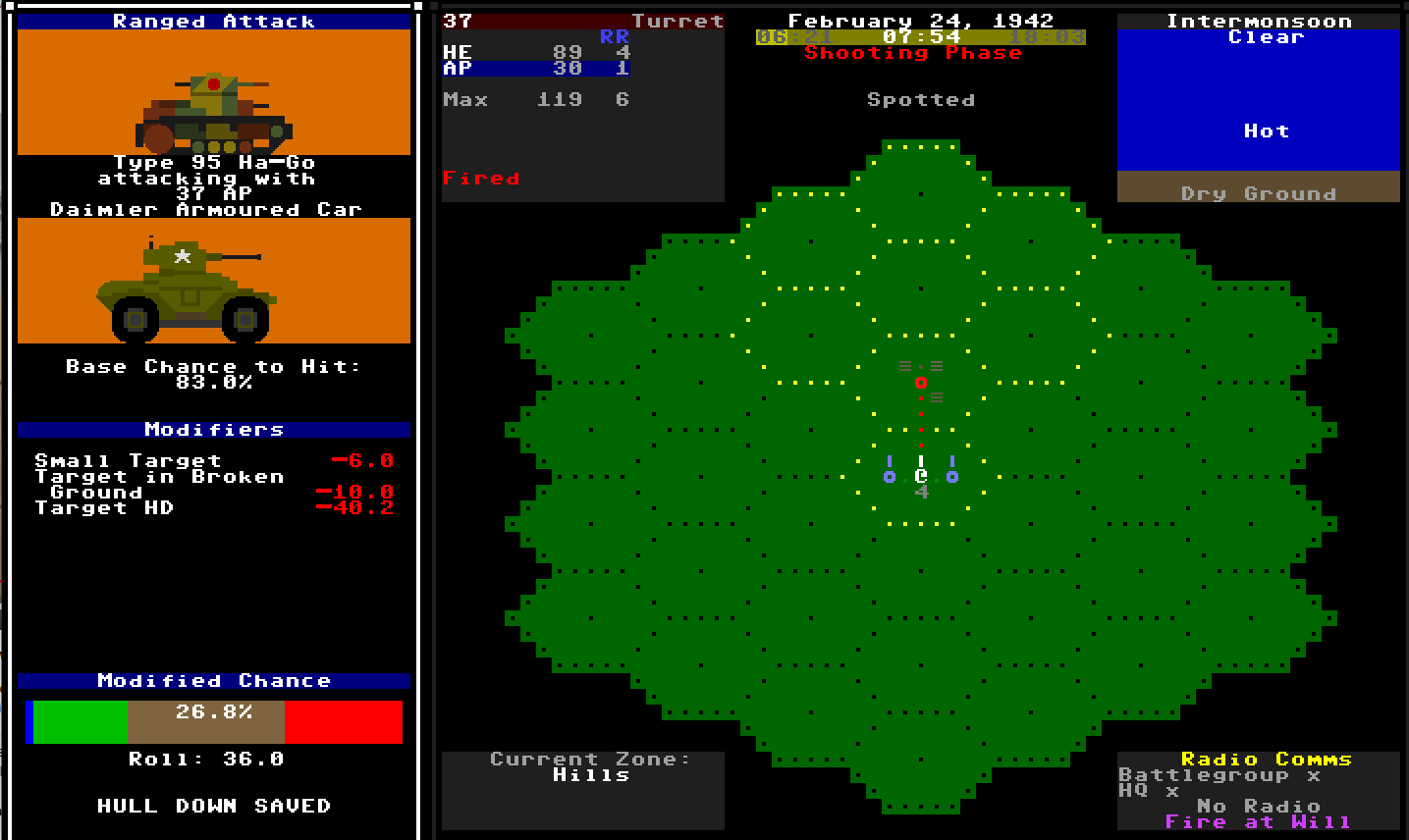
Gregory: Not at all! At the time, I was simply creating a game that I wanted to exist, since I loved the solo experience of Patton’s Best, but I thought that the system could be expanded to other areas and time periods. When I first released the game I thought I’d maybe sell about 100 copies and share the game with a few others who enjoyed it. Probably because at the time of release it was the start of the pandemic, people were looking for games to play, and it really started to take off quite quickly. Over the past five years I’ve been extremely fortunate to have a core group of fans who have contributed ideas, portraits, and campaigns for the game, and it would not be a quarter of the game that it is today without their contributions. It’s been a very rewarding experience, and I’m happy to continue to polish the game as I continue to do now, fixing bugs and adding minor “quality of life” features to the game. I don’t plan on any further major changes or additions, but the tail of bug fixing and minor improvements has turned out to be very long indeed.
Tim: Many devs in your position would have gone down the DLC route. Why did you decide to add fronts, campaigns, and vehicles solely via free updates?
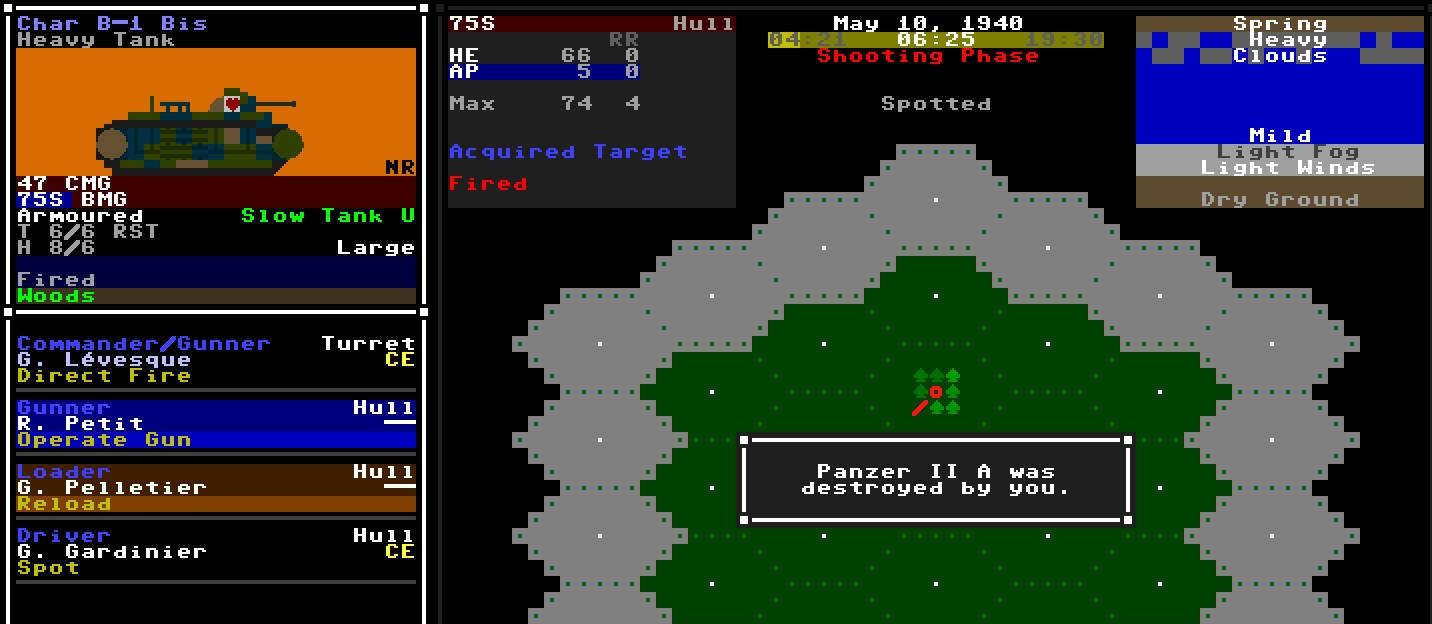
Gregory: I never got into game development to make a living, since I knew that what I could produce would always be too niche to provide a livable income for me, so I’m not driven by a profit motive. Paid DLC makes good sense if one needs to keep paying developers, but since I’m essentially a one-person team, I’m happy to keep adding content to the base game without asking for more money from the players. I do like the model where the base game is offered for free and players can choose to purchase different DLC packs that interest them, but for me and this game that just never made sense. I even just reduced the base price of the game to $10 USD and I’ll leave it there indefinitely, I think for the right person it’s good value, and I wouldn’t want to lock out potential players for whom spending $40-60 USD on a game is a significant outlay.
Tim: When we last spoke you talked about “violence fatigue” and indicated that your next game might not be focused on war. Is this still your plan?
Gregory: I’m still feeling that fatigue today, though I’m committed to seeing through this project to make it the best game that it can be. I do think that the game offers a fairly realistic experience for the player and their crew, in that it’s difficult to approach battles thinking oneself to be an invincible machine of destruction, and that sooner or later you’ll be injured or killed as so many tank crews were during this era. Conflict and opposition are crucial components to any game, but I’m planning on something much less bloody for the next project, ideally drawing upon my academic research on and knowledge of China’s modern history. Can’t say much more than that at this early stage!
Tim: Has AC2’s success had any impact on your ‘day job’?
Gregory: Not directly or immediately, I continue to enjoy an incredibly rewarding career teaching and researching. I would very much like to connect these two worlds more closely in the future, however, with my next project, perhaps even getting students to review early game concepts and providing early feedback. I’m very excited about integrating my game design into my teaching, but I want to do it in a professional and responsible manner.
Tim: Are any of your students or colleagues AC2 players?
Gregory: So far I’ve met ONE person in my field who had previously discovered the game. Otherwise, nobody has ever mentioned it. I don’t promote it in my professional life either.
Tim: For those unfamiliar with it, how active is the AC2 mod scene? What mods would you recommend?
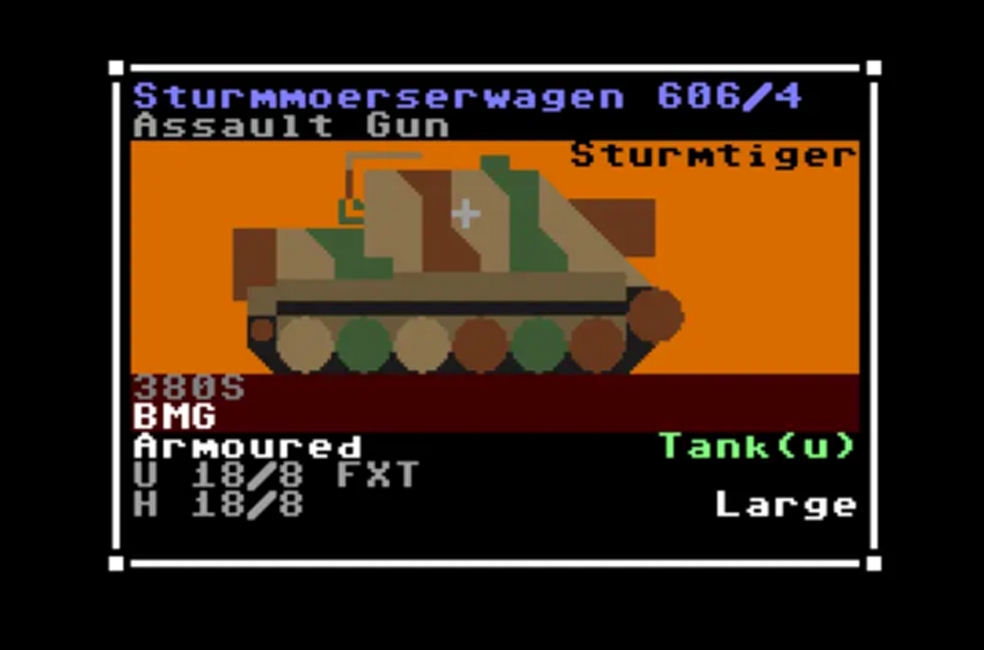
Gregory: There’s a handful of mods that have been created already. It’s quite easy to make something modest like a new campaign or new units, just by creating JSON files in the correct format. Some of these are up on Nexus Mods, but the most ambitious one (The Overhaul Mod) is still in development and is currently only available on the Discord. It adds hundreds of new historical units, and both new campaigns and revisions of existing campaigns. It’s a huge undertaking that the author is still currently revising.
Tim: Given a choice, how would you rather spend an evening…
a) Answering forum and Discord questions.
b) Bug hunting and squashing.
c) Adding a new feature or AFV.
d) Brainstorming ‘Game 3’.
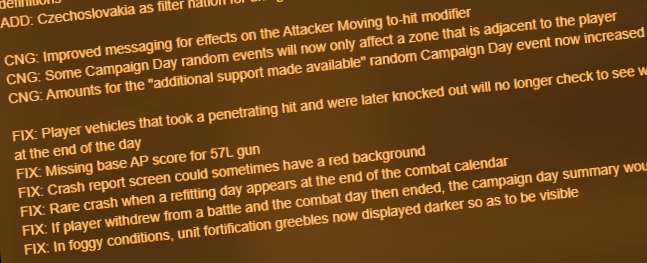
Gregory: It would have to be option b), simply because I’m a bit of a perfectionist when it comes to the game. The Discord has been incredibly helpful for suggestions and feedback, but if I can investigate and fix a bug in the game then I get the instant satisfaction of improving something that my name is attached to. It’s been a very long journey over the past five years, but rare bugs keep getting discovered and reported. Just this last week somebody found a typo in one of the early campaigns that had been in place for several years. It just involved changing a single character in the campaign file, but it felt great to finally get it right.
Tim: What’s the most surprising piece of history you’ve come across while researching new units and campaigns for AC2?
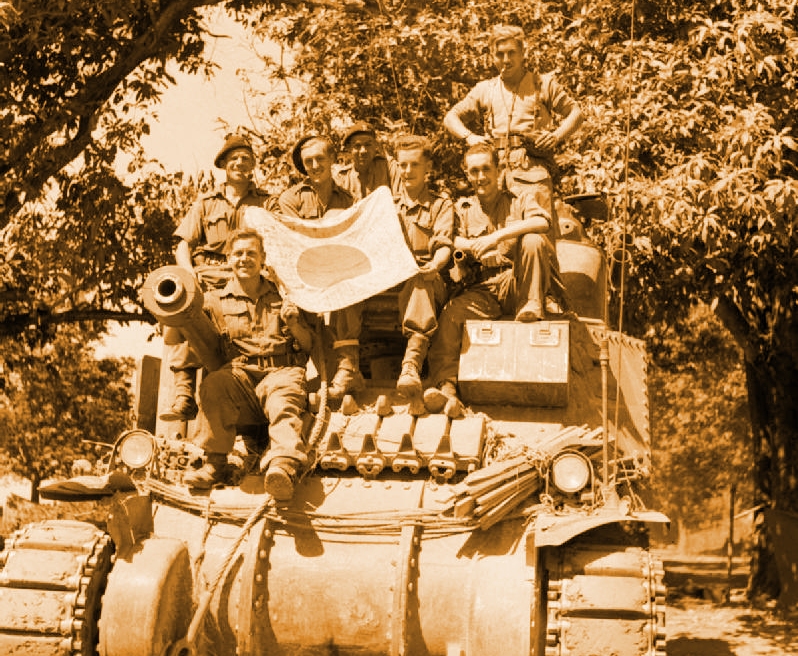
Gregory: I recently finished reading The Burma War by Louis Allen, which at times goes a little hard in terms of specific unit detail, but overall offers a deeply detailed and engaging history of the war in Burma between 1941 and 1945. It’s not a theatre that gets much attention in the standard run of WW2 media, but it offers insights into a great deal of the social, cultural, and political backgrounds of the conflict in Asia. The changes in technology, strategy, and morale between the initial Japanese attacks and the final surrender are immense. Finally, the suffering experienced by both fighting soldiers and civilians in the war are, for the most part, not glossed over in this book.
Tim: Does your enthusiasm for and interest in armoured warfare manifest itself in other ways? Have you, for instance, ever attended Tankfest?
Gregory: I haven’t yet had a chance to visit any of the big military museums, but I have resolved to one day take a ride on a Sherman! One of the best Youtube channels that I’ve been following is the one for the Australian Armour & Artillery Museum, a privately-owned museum in Queensland, Australia. They post detailed weekly videos of tank restoration and have an incredible collection of vehicles.
Tim: If you could change one thing about Steam what would it be?
Gregory: It’s not an issue with Steam exactly, but the Python library that I found to add Steamworks support is still quite basic. I wish that Valve could spare a few person-hours to create an official one, but I understand that Python is not a popular choice for proper game programming. Otherwise Steam has been very good to me, and I’m glad that Valve is profitable enough that they can maintain what has essentially become the standard online platform for PC games, both AAA products and tiny niche independent games like my own.
Tim: Thank you for your time.

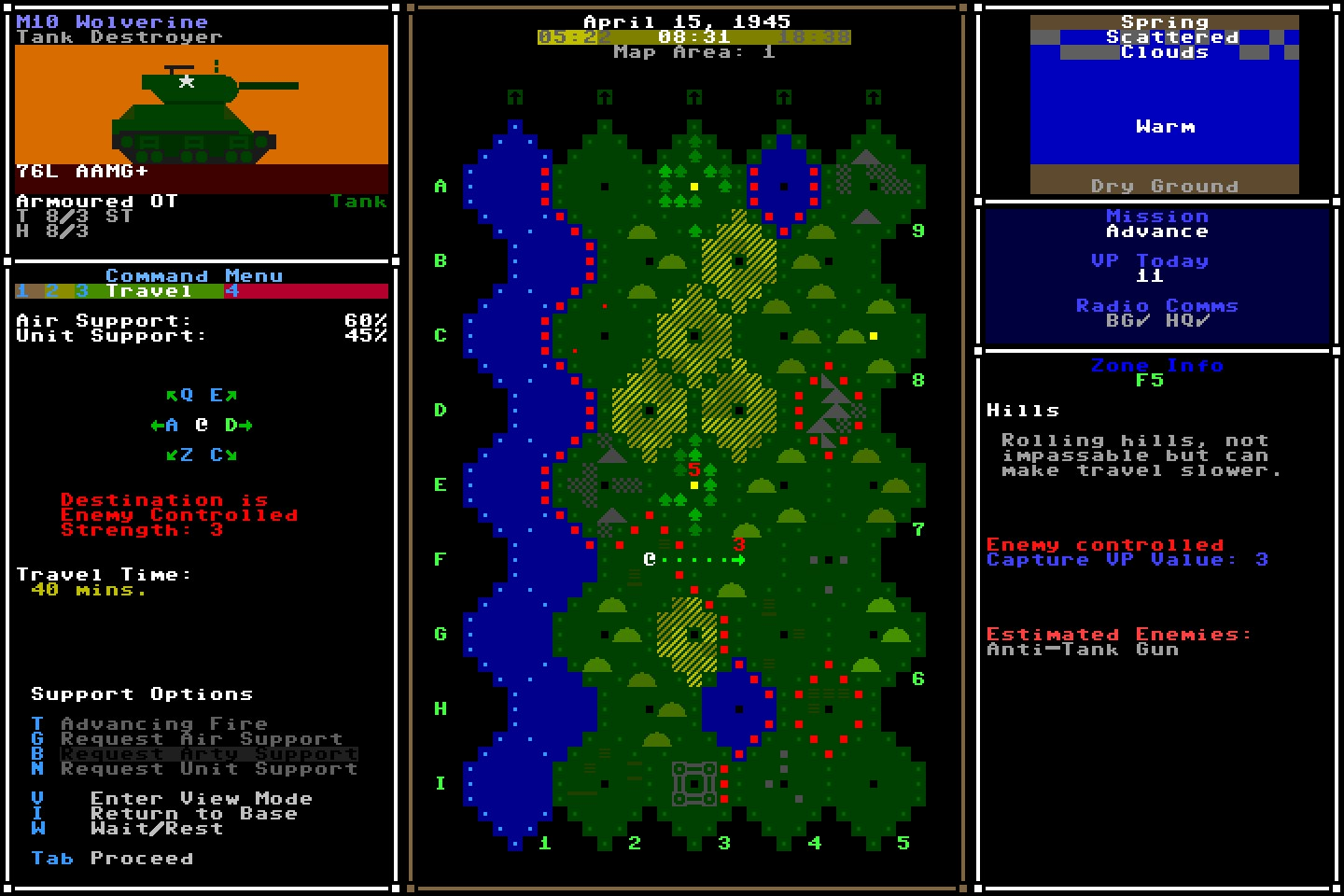
I’m moderately surprised that there hasn’t been a Warhammer 40K mod. The gameplay seems to be a close fit for the various tank and vehicle-focused factions.